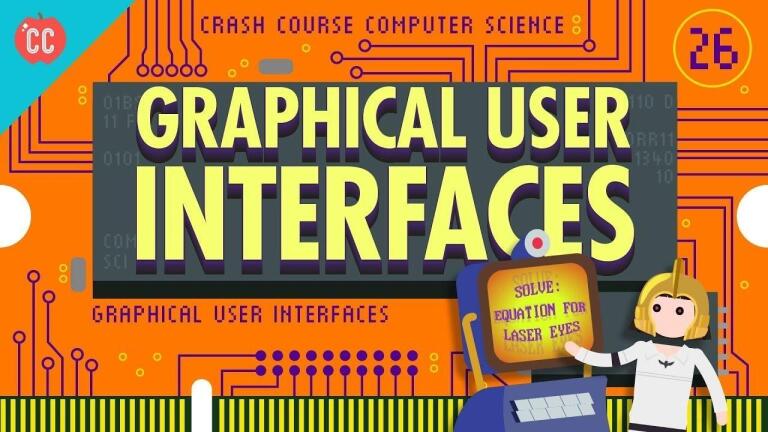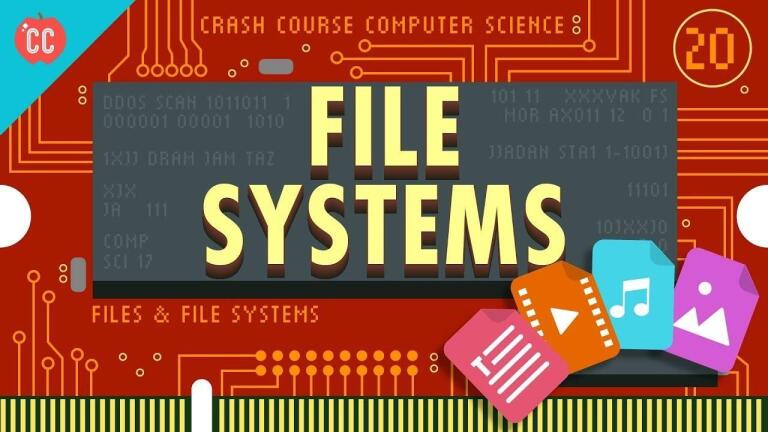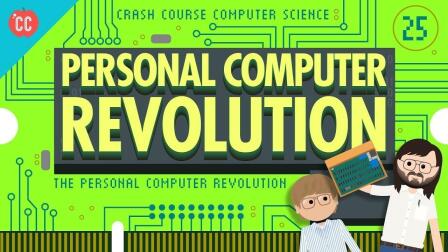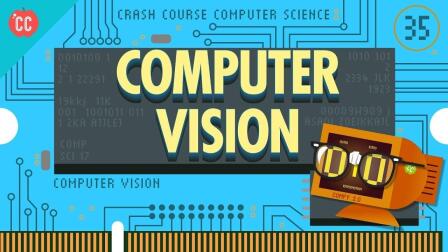Back to Show
Crash Course Computer Science
The Cold War and Consumerism: Crash Course Computer Science #24
Season 1
Episode 24
Today we’re going to step back from hardware and software, and take a closer look at how the backdrop of the cold war and space race and the rise of consumerism and globalization brought us from huge, expensive codebreaking machines in the 1940s to affordable handhelds and personal computers in the 1970s. This is an era that saw huge government funded projects - like the race to the moon.
Support Provided By

11:58
Today we start a three episode arc on the rise of a global telecommunications network.

12:23
Today we’re going to discuss how 3D graphics are created and rendered for a 2D screen.

12:38
Today, we're going to discuss the critical role of graphical user interfaces.

10:15
Today we're going to talk about the birth of personal computing.

11:31
Today we begin our discussion of computer graphics.

11:23
Today, we are going to start our discussion on user experience.

11:44
Today, we’re going to talk about lossless compression.

11:42
Today we’re going to look at how our computers read and interpret computer files.

12:17
Today we’re going to trace the history of these storage technologies.

12:55
Computers keep getting faster and faster...

12:29
So you may have heard of Moore's Law...

10:22
We'll talk about how large programs are typically broken up into into function units.











